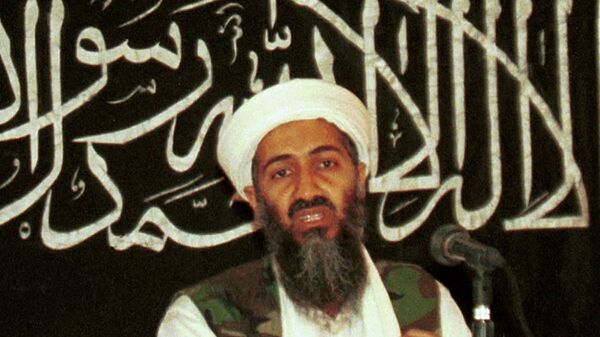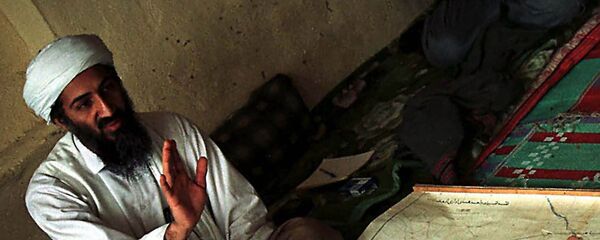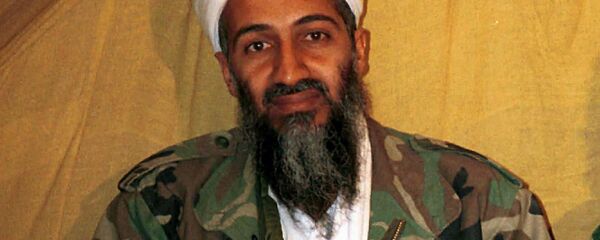In a New York Times article published Wednesday, the lawyers are identified as Stephen W. Preston, the CIA's general counsel; Mary DeRosa, the National Security Council's legal adviser; then-Rear Admiral James W. Crawford III, the Joint Chiefs of Staff legal adviser; and Jeh C. Johnson, the Pentagon general counsel.
The Times said it interviewed multiple current and former officials in President Barack Obama's administration who had direct knowledge of the planning for the raid as a basis for the paper's account of the role of the lawyers.
Just days before the raid, the lawyers drafted secret memos so that if questioned later, they could prove that they had reached their legal conclusions prior to the operation and not after, the Times reported.
One memo addressed violating the sovereignty of Pakistan, where bin Laden's compound was located. When two countries are not at war, one cannot use force on the other’s soil without consent. But the lawyers worried that alerting Pakistan might enable bin Laden to escape.
They decided that the raid would be lawful because of an exception for situations in which a government is “unwilling or unable” to suppress a threat to others originating from its soil, the Times reports.
However, the exception was a stretch, for two reasons: Many countries do not recognize it, and Pakistan had helped with or consented to other US counterterrorism operations. Regardless, the lawyers signed off on it.
In another memo, the lawyers considered when the administration had to alert congressional leaders under a statute governing covert actions. They decided that, given the circumstances, the administration would be legally justified in delaying notifying until after the raid, the Times reports.
They also agreed that it would be legal for the SEAL team to go in intending to kill Bin Laden, under a congressional authorization to use military force against perpetrators of the 9/11 terrorist attacks. Obama later explicitly ordered a kill mission, the Times reports.
In fact, there was such little expectation for bin Laden's survival that, in the event of his capture, the only plan was to take him a naval ship for interrogation and then figure out how to proceed.
The final legal question had been whether the United States, to avoid creating a potential Islamist shrine, could bury Bin Laden at sea.
The Geneva Conventions call for burying enemies killed in battle, "if possible," in accordance with their religion – which for Muslims means swift interment in soil, facing Mecca – and in marked graves. However, lawyers cited Islamic writings that permit burial at sea during voyages, according to the Times.
Indeed, bin Laden was buried at sea, but only after his home of Saudi Arabia declined an offer to claim his remains.





